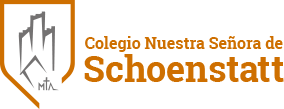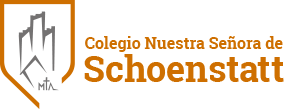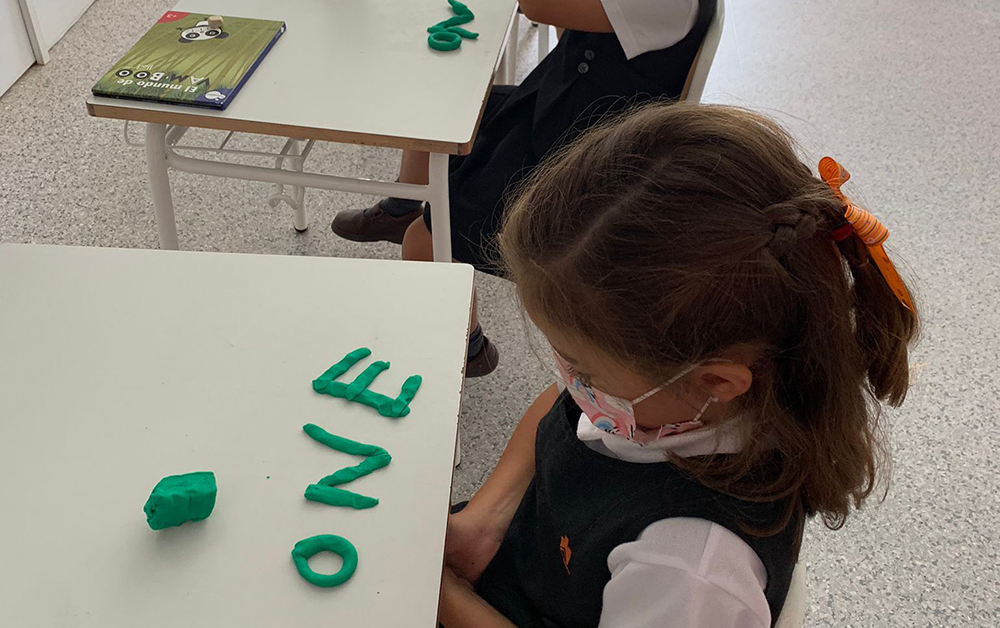We adults always think about what children need to know to succeed in their future, and, of course, English is essential. If you add to that goal a third language, their chances of success increase.
But children are not so interested in what a foreign language can provide for them in the future – all they care about is how it might be useful for them today. So, our main purpose is to show them how useful and attractive these languages can be in their daily life now.
Teachers must always bear in mind what children need, but also what they like and what drives them. Therefore, we have to work on how to convince them that learning a foreign language is exactly what they need and what they want. In other words, we have to make them love it, because that is what they need in order to learn.
Meeting their interests is a strategy to achieve our goal, but it’s not our “why”. We don’t teach English or German simply because they could grant them a better future. Here, at Nuestra Señora de Schoenstatt, we believe that we teach other languages because we know that speaking other languages not only broadens your future but it improves your intelligence and your understanding of a connected world.
Our job as teachers is to bring the outside world to their classroom and make them interact with it and be part of it in their own personal and active way. Whether they are learning Math, Science or German, we teachers have to connect all that knowledge to them, to enlarge their reality, their world.
In this sense, learning a foreign language plays a key role. It can turn our students’ environment into a wider place: a place that can fit not only different ways of communication, but different cultures and ways of thinking too.
Isabel Mazarrasa Loring
Head of Languages Department




